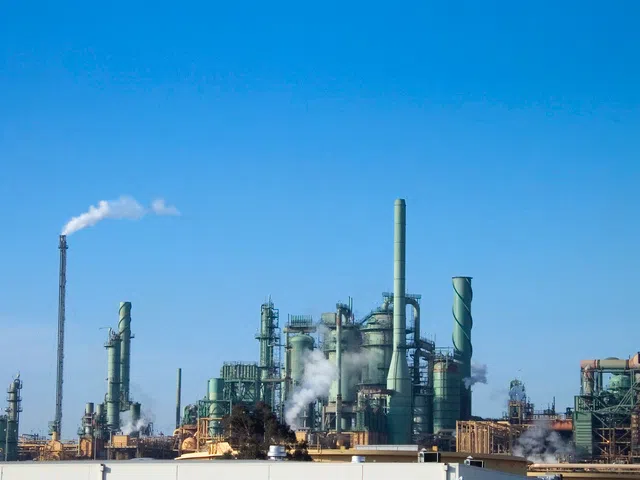
LOS ANGELES (CNS) – The city of Los Angeles should demand higher franchise fees from Southern California Gas Co. for the utility’s use of public rights of way and to ensure residents are better protected from potential safety issues, such as the Aliso Canyon gas leak, according to an audit released today.
“The granting by the city of a franchise is a privilege,” City Controller Ron Galperin said.
“The gas company needs to pay its fair share to the city and to be subject to more local oversight. With the current franchise set to expire soon, L.A. has the opportunity to both increase revenue and protect the communities of Los Angeles.”
Galperin said the city’s current franchise deal allowing SoCalGas to operate in the city does not require the utility to pay for damage done to streets.
“Utilities often need to make cuts to serve their customers, but it’s only right that they compensate the city for the damage they cause so we can have more money to fix our streets,” he said.
A spokesman for SoCalGas said the utility pays the city millions of dollars annually in franchise fees.
“Millions of Los Angeles residents and businesses count on SoCalGas to deliver safe and reliable energy services every day,” Chris Gilbride of the Gas Co. said.
“Our ratepayers already pay millions of dollars in franchise and permitting fees to install and maintain the infrastructure necessary to receive natural gas service. Our agreements indemnify the city, and our street restoration work is guaranteed. “We are working collaboratively with the city to reach a fair agreement that allows for oversight that is consistent with the Public Utilities Commission’s over-arching authority and keeps natural gas affordable for our customers,” he said.
The franchise agreement between the city and SoCalGas was reached in 1992 and was set to expire in 2013. Pending the resolution of a lawsuit relating to franchise fees, the agreement has been extended year-to-year, and is set to expire June 30, 2017, according to Galperin. His audit recommended that the city negotiate higher franchise fees “to be in line with other California cities”; require the utility to pay Street Damage Restoration Fees when cutting into public streets; direct the city’s new petroleum administrator to develop measures for proper oversight and control; clarify the utility’s indemnification of the city; and instruct the Office of Finance to help establish procedures for overseeing franchise fee revenues.




